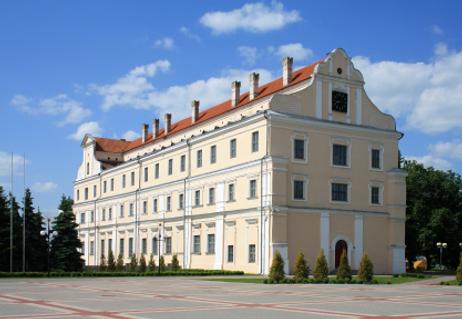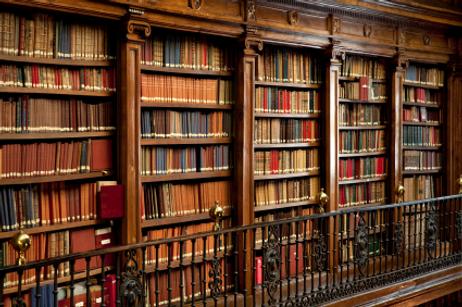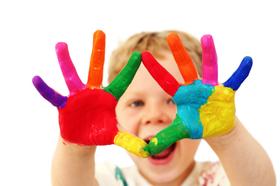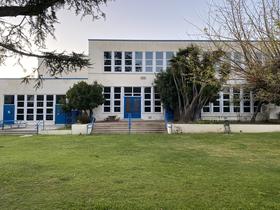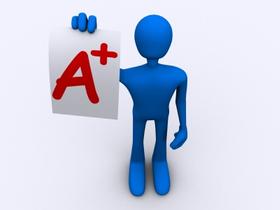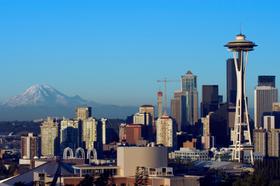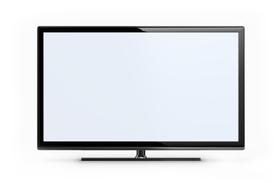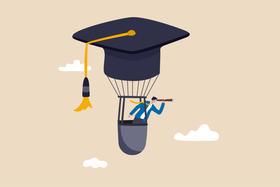You want the best possible education for your child. The local school district is reasonably good but is facing some drastic budget cuts next year and, as far as you can tell, probably for many years after that. You don't want to sacrifice your child's educational opportunities or spend money needlessly on other educational options, such as private school or homeschooling.
Private school makes sense on so many levels because everything's there. Academics, activities, sports, facilities, and staff are the critical components of every private school's package. In a private school, learning and teaching are continuous. It doesn't matter whether your child is in the classroom or on the playing field; she will be learning.
Perhaps you are considering homeschooling. While homeschooling is doable, you must track everything and make sure all the paperwork is completed, submitted, and approved by local and state authorities. It's a lot of work—indeed, it is a full-time job. Now contrast that with the kind of life and activities your child can have at private school, as shown in this video.
So, what about some of those rumors you have heard about private schools? Are they true? False? Are things changing? Are private schools different from what they were fifty years ago? Well, things have indeed changed over that period. Most of what the popular media says about private K-12 schools today can be charitably categorized as misconceptions.




